Entry Category: Educational Issues and Controversies - Starting with L
LaNier, Carlotta Walls
LEARNS Act
aka: Act 237 of 2023
Little Rock Nine
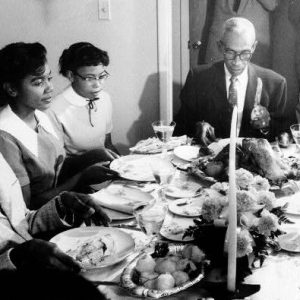 Little Rock Nine Thanksgiving
Little Rock Nine Thanksgiving
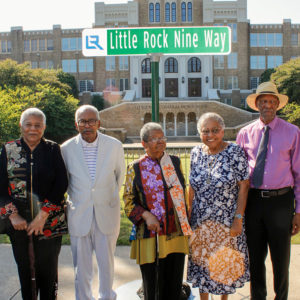 Little Rock Nine Way
Little Rock Nine Way
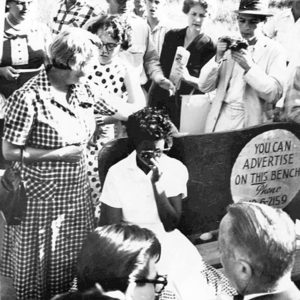 Grace Lorch and Elizabeth Eckford
Grace Lorch and Elizabeth Eckford
Lost Cause Myth of the Confederacy
Lost Year
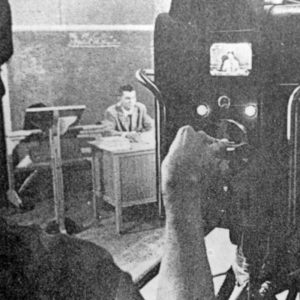 Lost Year Class
Lost Year Class
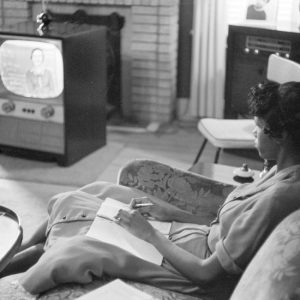 Lost Year Student
Lost Year Student




